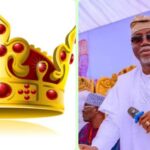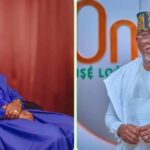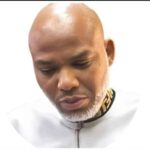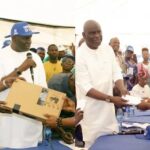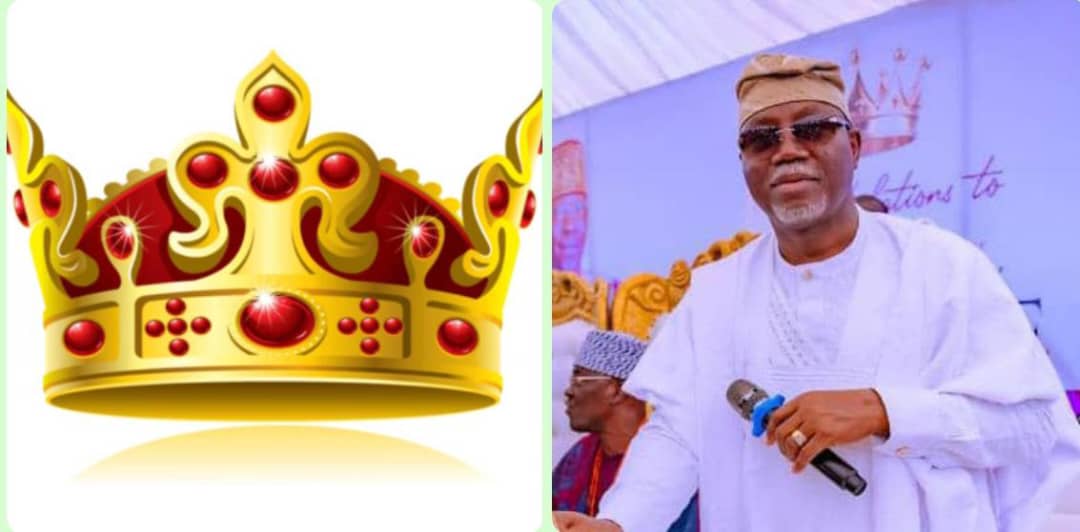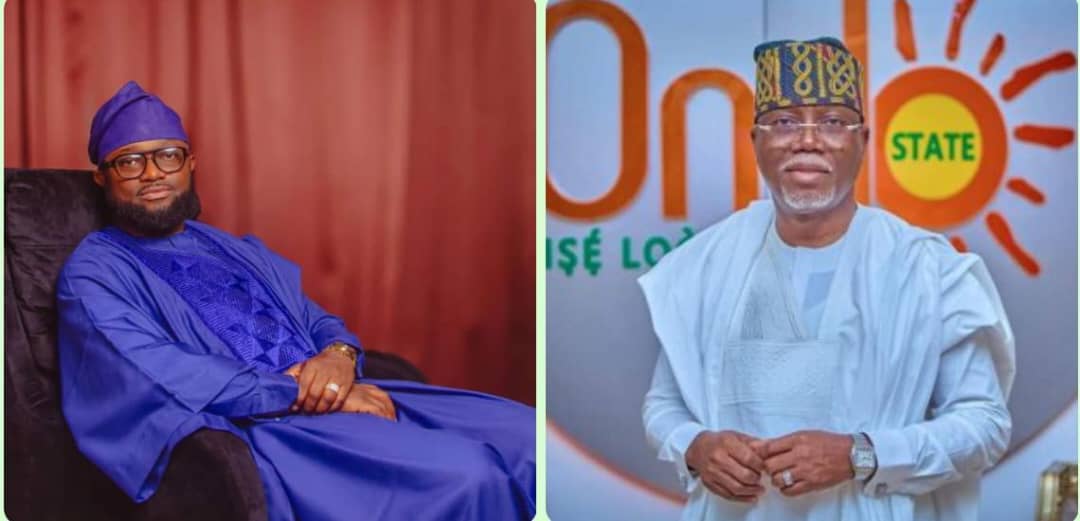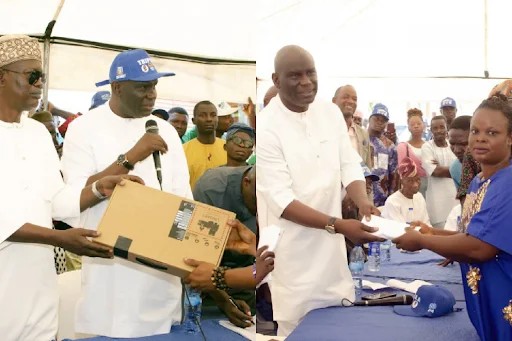Sola Ajisafe, Esq (opinion by an Ondo state based lawyer)
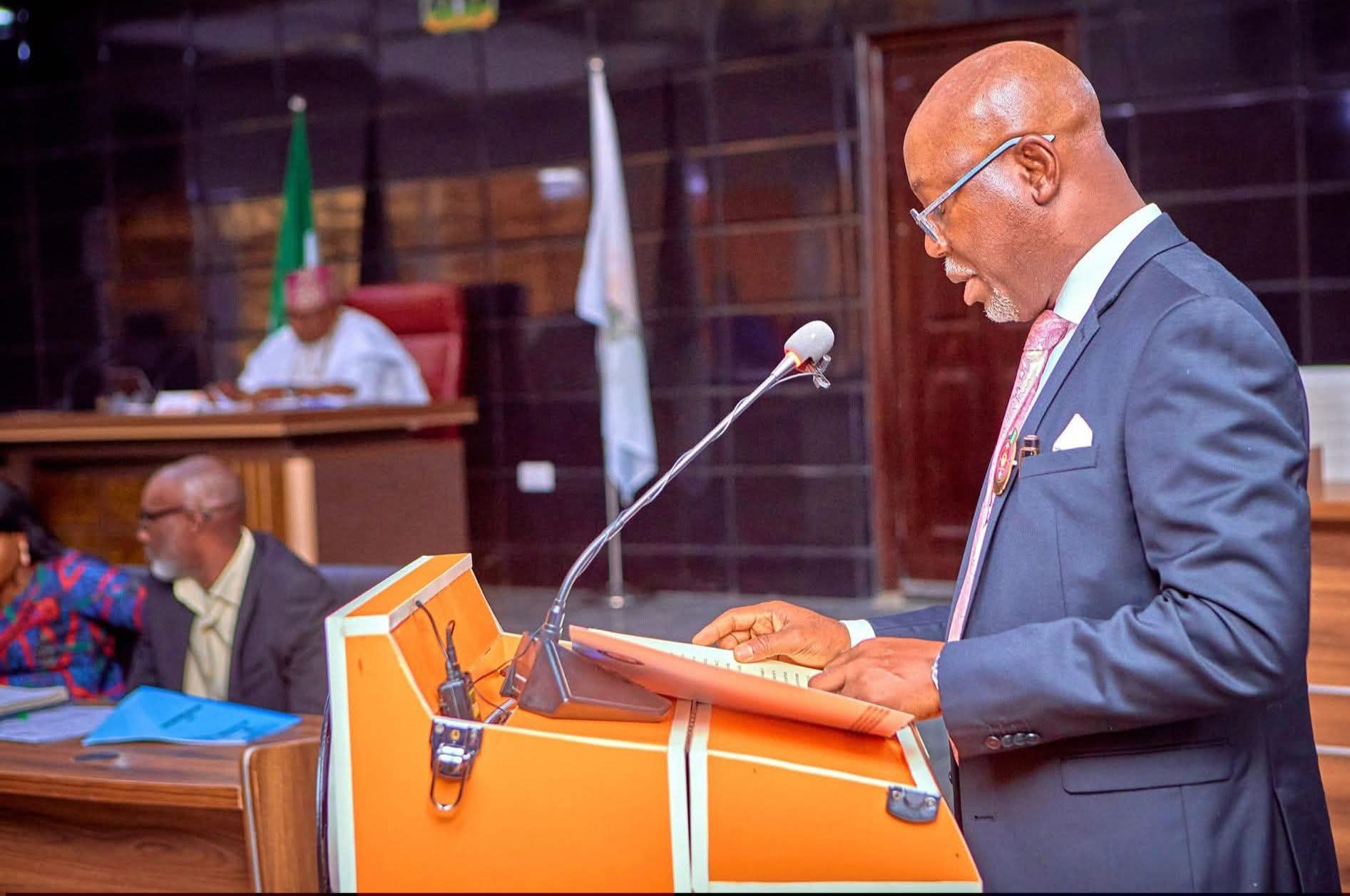
Yesterday, our governor and leader of our party, His Excellency (Dr.) Lucky Orimisan Aiyedatiwa, announced a N492,795,667,939 budget for the 2026 fiscal year, branding it the “Budget of Economic Consolidation”. According to Aiyedatiwa and his economic advisors, the budget “aims to deepen reforms, stabilise 2025 gains, and drive socio-economic growth in key sectors”.
However, a glance at the facts reveals empty rhetoric and broken promises. Where are these reforms? In 2025, the Department of Agric Services received zero funding, crippling support for farmers even during planting seasons. In September, Ondo State’s agricultural team had their training at Soiless Company (Ogun State) cancelled at the last minute.
Ondo State’s revenue generation is dismal — it ranks 33 out of 36 states.
The ODIRS that was making money for the State under the former Chairman has become a deadwood because of lack of innovative ideas. In education, social services, Security and economic growth the Aiyedatiwa government is missing in action.
Give it to the Governor, there are areas he excels. For a man that could not give subventions to the State Universities or pay the salaries of the Staff, he finds every opportunity to dance Azonto or Skelewu anytime he hears the clinging of cymbals. Owo Polytechnic Staff are hungry and starved of their salaries after an “audio” promise of payment if their outstanding salaries.
After the collapse of one of the buildings at the Judiciary Village in honour of Aketi, one could see there is nothing this government will not deny. At the last new legal year, lawyers in Ondo State through the Chairman of Okitipupa Branch and Mr Goke Fakunle, SAN made appeals to the governor on behalf of Magistrates concerning their welfare. Many of them ride Okada and public transport to their places of work. Appeals were also made on judicial autonomy.
How did the Governor react? He claimed he had given approval but a mistake was made on the amount for the purchase of vehicles for the Magistrates. It’s close to a month now the mistake is still there!!! On judicial autonomy, he pushed back by saying he had set up two committees under the Secretary to government and the Attorney General to agree on the way forward even though this issue is a constitutional matter. How could you set up committees for an obligation that is constitutionally flavoured? These two issues were also raised during the just concluded Law Week of the NBA Akure Branch.
One must accept that something is negatively going on in Ondo State under the suzarainity of governor Aiyedatiwa. That is the systematic destruction of legacies he met on ground. I do not wish to mention the Cenotaph at Owo because it is filled with malice. For instance, Amotekun is no longer the effective and active civil security outfit it used to be. It has been effectively cowed.
Also, despite the cry of the effect of ozone layers, Aiyedatiwa has succeeded in removing all the trees that beautifies the city replacing it with concrete. We are seeing more works on “rambadouts” (roundabouts) than actual developments. Local government monies is missing in action and the governor is unaccountable to anyone.
Another area of it’s concentration is to set his goons and data boys against support groups working for Asiwaju Bola Ahmed Tinubu.
Anyway, what has a begining would soon have an end. Four years ( the maximum he could spend as our governor ) is coming to an end. We would soon be spared this government that is moving round and round like a barber’s chair. A clear case of “rounbadout” government would soon end and be replaced with a totall focused and innovative government. The clock is ticking.
…..Sola Ajisafe is a lawyer, journalist and farmer. He practices law in Akure..
Ondo’s Budget of Economic Consolidation
By Comrade Allen Sowore, Esq.
On the 17th of November, 2025, in the sun-kissed stretches of Ondo State in Southwest Nigeria, the day rose with a gentle brilliance. The rains had taken their final bow, leaving a soft, receding mist—an airy veil laced with faintly fog ushering in the dry season.
In Akure, the ever-busy capital, the major roads pulsed with activity. Contractors—men, machines, and momentum—moved with the determined rhythm of termites constructing a fortress. The landscape was transforming so swiftly, so purposefully, that indigenes returning from afar might soon require a digital compass to rediscover the footpaths of their ancestors.
By evening, a calm, almost sacred serenity settled over the city. Within the State House of Assembly, a special plenary session awaited—the formal presentation of the 2026 Budget. Governor Lucky Orimisan Aiyedatiwa, clad in a native safari dress crowned with a milk-coloured hat, stepped into the hallowed Chamber. His entry drew the House into a contemplative silence—the kind that precedes moments of consequence. With measured dignity, the Majority Leader, Honourable Olatunji Oshati moved a motion and seconded by Private Oluwatoyin Allen invited him to the rostrum.
It must be noted that budget presentation is not a ceremonial indulgence but a constitutional imperative—mandated by Section 121 of the 1999 Constitution of the Federal Republic of Nigeria (as amended). Governor Aiyedatiwa stands among the few who have complied promptly and faithfully, demonstrating a deep respect for due process and an unwavering devotion to the rule of law.
Equally remarkable was the Governor’s willingness to give a transparent account of his stewardship. His honest, detailed review of the previous budget underscored yet again the true essence of servant leadership.
The 2026 proposal, aptly christened the Budget of Economic Consolidation, is clear, ambitious, and attuned to the state’s development aspirations. It articulates realistic yet transformative targets for growth, progress and prosperity.
At this point, it is only fair to commend the professionalism and diligence of the Commissioners for Finance and for Budget & Economic Planning—Mrs. Omowunmi Isaac and Mr. Olaolu Akindolire—for their adherence to global best practices, particularly the International Public Sector Accounting Standards (IPSAS), in crafting a well-structured, globally compliant fiscal plan.
The Governor’s political will is unmistakable in the budget’s recurrent-to-capital ratio of 42.78% to 57.22%—a bold endorsement of development-driven governance. The total expenditure stands at ₦492,795,667,939, comprising ₦167.5 billion for recurrent commitments and ₦281.991 billion for capital projects.
A closer examination reveals a thoughtful prioritisation of Infrastructure Development, Public Finance, Health, Education and Agricultural Development in that order.
These allocations reinforce the Governor’s consistent assurance that none of the numerous ongoing projects across the state will be abandoned.
After concluding his presentation, the Governor expressed heartfelt appreciation to the Speaker, Rt. Honourable Olamide Oladiji , and all members of the House for their principled cooperation—firm, disciplined, and devoid of compromise.
Later that evening, when I returned home, three words lingered in my thoughts: Budget, Economic, and Consolidation. I turned them over in my mind, weighing them against the political climate, the murmurs of mischief-makers, the chants of restless naysayers, the bravado of political musketeers, and their familiar shenanigans. I reflected on the Governor’s vision—his earnest determination to advance the state—and how this budget stands as the practical blueprint for that aspiration.
I also considered implementation: how, once passed and faithfully executed, this budget carries the quiet authority to silence even the loudest cynics.
Then I translated these reflections into Yoruba— I mean deeper semantic essence:
Budget becomes ìsúná,
Economic becomes òrò ajé,
Consolidation becomes fìdímúlè.
Combined with the Governor’s resolve to overcome early challenges, everything crystallises into one profound expression:
Ètò ìsúná afìdí pòtèmólè.
Allen Sowore, Esq.
Special Adviser to the Governor
on Communication & Strategy
19th November, 2025

